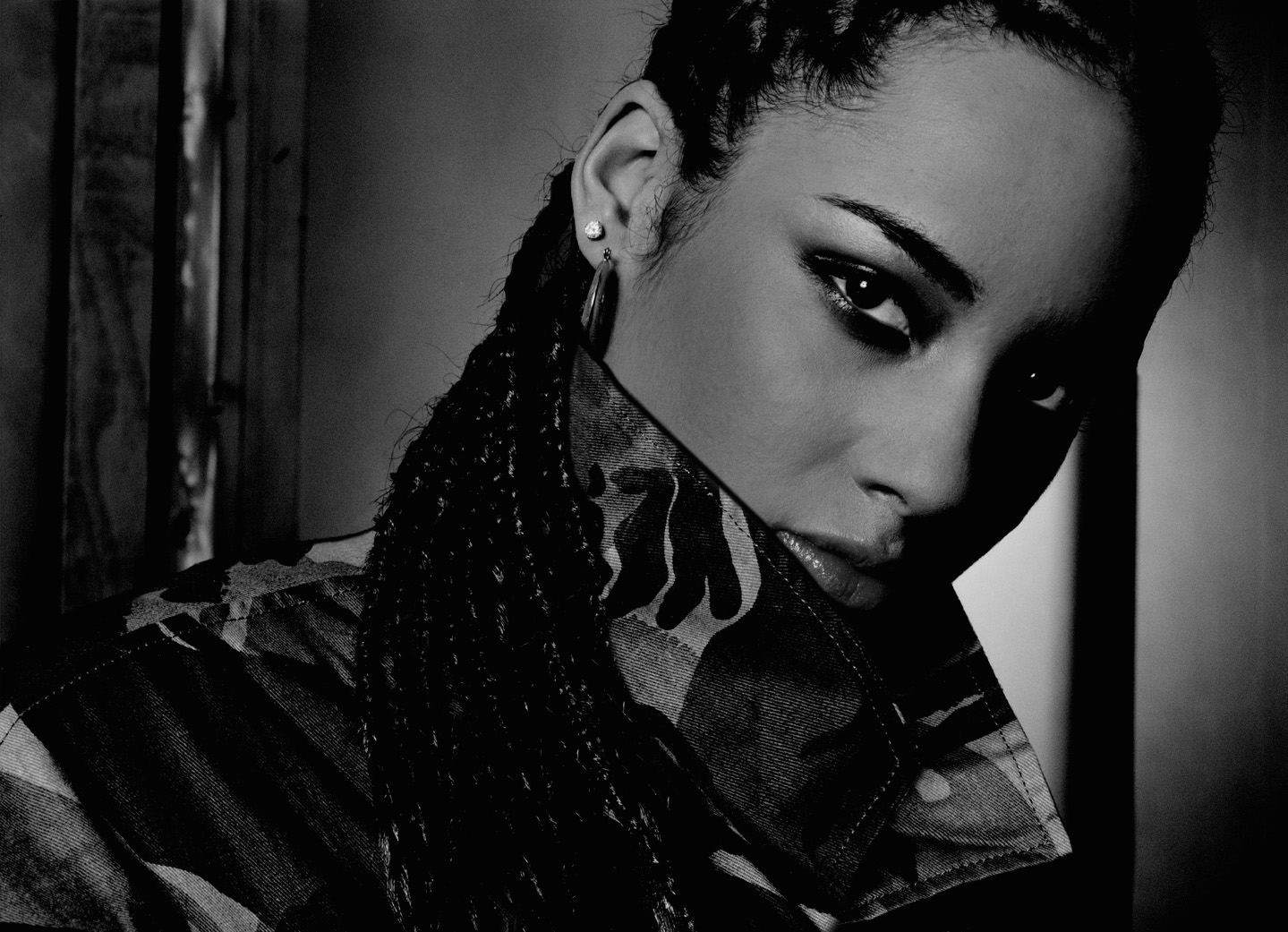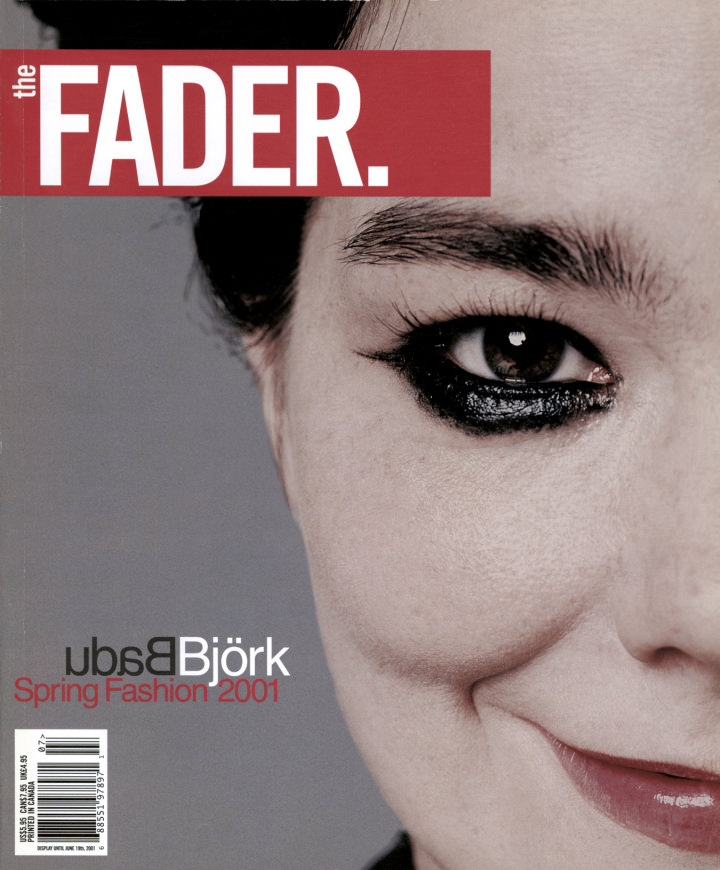
“Say my album is released and I do sell 12 million records? It’s almost like, what can you do after that?”
In 2001, The FADER’s then senior editor Eric Ducker interviewed Alicia Keys for The FADER issue number 7.

Alicia Keys has a weird habit: when she curses, which she doesn’t do often, her mouth makes a weird shape out of the word she wants to say, but the sound doesn’t come out. It’s almost as if she is already doing the job for TV and radio so they won’t have to censor her bad language.
This is Keys’ first interview and in the distance you can hear the distinct noise of the hype machine starting to hum and whiz. Keys is one of the first artists signed to J Records, the company founded by record industry legend and former Arista big macher Clive Davis, and you know that they can’t wait to make sure you know her name. Pretty soon the rest of the glossy mags will make the rounds asking about her mentor at the performing arts school she attended [Fame!], about growing up in New York’s Hells Kitchen [scary-sounding!], and about the biracial background the record company lists as one of her selling points [unconventional!]; but for now she is spending a lot of time meeting with stylists, auditioning back-up singers, doing industry showcases, and keeping herself busy with the stuff that keeps superstars-in-training busy.
In the pop-strumpet climate of modern music, however, Keys is a curious choice to be pegged as a breakout star. For one thing, she knows what she’s doing, even though she’s only 19. She’s a classically trained pianist who can talk about Porgy and Bess, Schubert and Erykah Badu. She’s already survived a go-nowhere record deal with a major label who wanted to hook her up with a male studio svengali instead of letting her produce her own records like she is currently doing (she won’t tell which label when you ask her, but it was Sony.)
Keys is also surprisingly down to earth despite all the buzz going on around her. In fact, she is forthcoming about the demand she is feeling. “There are times, I’m not going to lie, when I feel a little bogged down and I want to meet all the expectations. So therefore, sometimes it can create its own pressure if I allow it, and sometimes I do.” She is also wary about dealing with the individuals whose job it is to package and market her. “It’s scary, because when you put yourself out there, you can only hope that you can make the person understand you in that hour or two you have with them. Are they really going to understand who am I in two hours? Can they capture it?”
Her maturity, however, is most evident when she discusses what will happen if she doesn’t become an instant pop music phenomenon. “I can be satisfied with not selling 12 million records and not going on tour with N’Sync. That’s okay with me. But say my album is released and I do sell 12 million records? It’s almost like, what can you do after that? Can you sell another 12 million records? That’s creating an even bigger hype that you then must surpass.”


